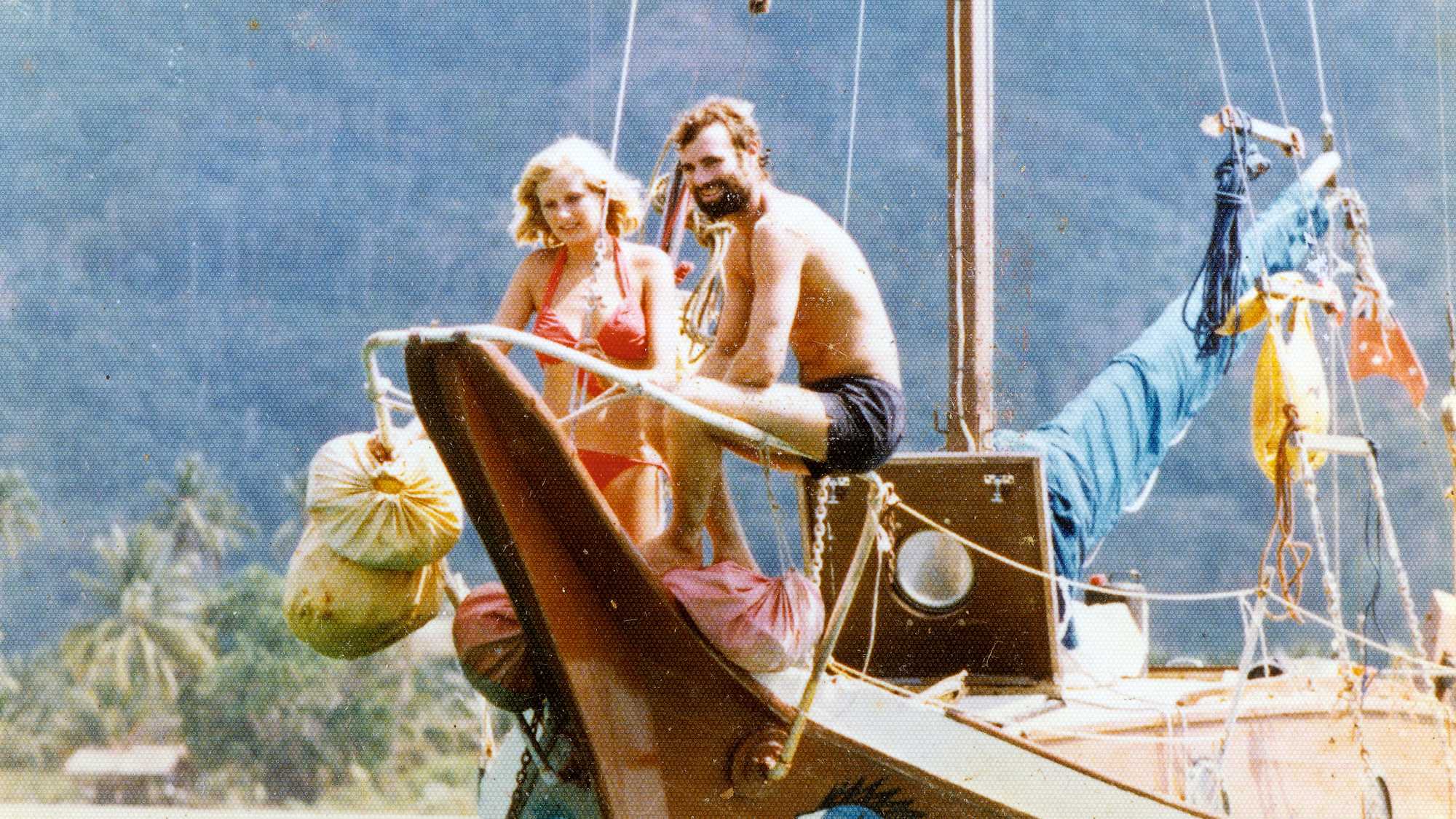Olympian and transatlantic rowing champion Rob Hamill travels with filmmaker Annie Goldson (Punitive Damage) to Cambodia seeking justice for his eldest brother Kerry, who was murdered by the Khmer Rouge regime in 1978.

The Festival is proud to present World Premiere screenings of Annie Goldson’s new documentary.
Screened as part of NZIFF 2011
Brother Number One 2011
In 1978, when future Kiwi Olympian and transatlantic rowing champion Rob Hamill was 14, his older brother Kerry disappeared. Two years later the family learned from a newspaper report that their gentle, joyful number one son had been identified as a victim in a Cambodian death camp. Kerry had been on board his charter yacht Foxy Lady with two other young men when they anchored in Kampuchean waters. Hippie adventurers, they were unaware of the horrors unfolding onshore. Kerry was seized and tortured for two months at the Khmer Rouge slaughterhouse Tuol Sleng (S21). After signing an outlandish confession he was executed on the orders of the infamous Comrade Duch.
An Island Calling and Punitive Damage, Annie Goldson’s best-known films until now, investigated violent political upheavals in Fiji and Timor respectively. In both she traced events alongside Kiwi protagonists determined to see justice done. Now she accompanies Rob Hamill to Cambodia. Testifying against the avowedly repentant Duch before a War Crimes Tribunal, Hamill mourns his brother and provides harrowing ‘victim testimony’, relating the damage wrought on his family. Nearly two million Cambodians were killed by the Khmer Rouge. Hamill and his Cambodian translator, who has her own tale to tell, struggle to understand their own losses within that mind-boggling statistic of cruelty and suffering. Their encounters with S21 survivors and collaborators, several of whom remember Kerry, are affectingly tentative. The power to forgive or be forgiven is not easily granted, but the desire for it is everywhere in this haunting, hopeful film. — BG